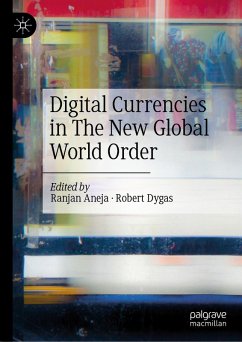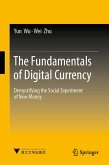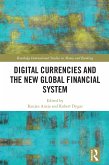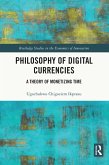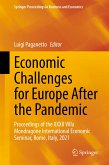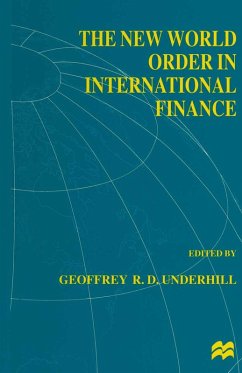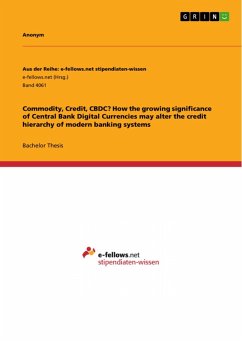Ranjan Aneja is a professor of economics at, Central University of Haryana, India. He completed his master's degree in economics from Kurukshetra University, India, and Ph.D. from Guru Jambheshwar University of Science and Technology, Hisar, India. He has 16 years of teaching and research experience. His areas of interest are economic modelling and policy analysis and macroeconomic stability. He has published several research papers in premium journals. He is a reviewer of multiple journals of international repute indexed in Scopus and Web of Science and listed in ABDC. He is also serving on the editorial board of several reputed journals.
Robert Dygas is an SGH Warsaw School of Economics assistant professor at the East Asian Economic Studies Department. He completed his master's studies at the Warsaw School of Economics, majoring in finance and banking, and at the University of Aarhus in Denmark, majoring in management. He received his Ph.D. degree in economics from the Warsaw School of Economics in 2003. In 2011, he was awarded the Executive MBA by the Warsaw University of Technology, Business School. He has 23 years of professional experience in multinational corporations in IT, telecommunications and public sectors. In 2015 to 2020, he worked also as the expert for the evaluation of Horizon 2020-ECI-FTI proposals (Research Executive Agency EASME under the power delegated by the European Commission).
Dieser Download kann aus rechtlichen Gründen nur mit Rechnungsadresse in A, B, BG, CY, CZ, D, DK, EW, E, FIN, F, GR, HR, H, IRL, I, LT, L, LR, M, NL, PL, P, R, S, SLO, SK ausgeliefert werden.

